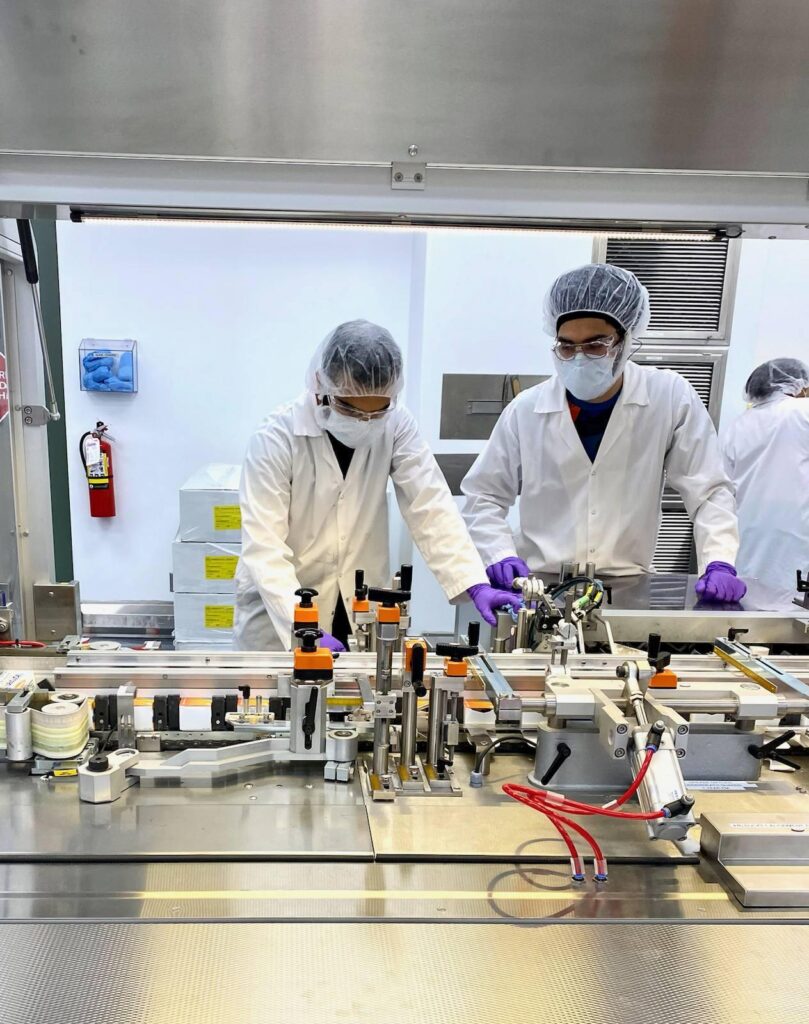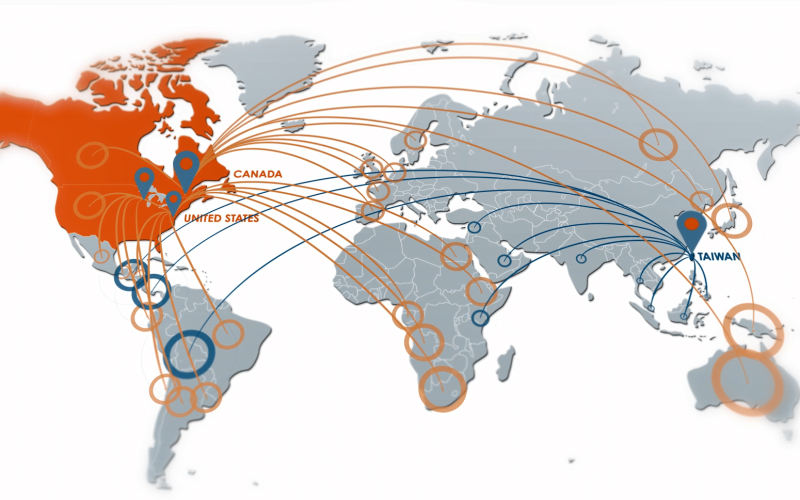Importance of equipment reliability
Successfully manufacturing a drug product requires people, proper equipment, and materials. It’s the classic three-legged stool analogy. Even with well-trained staff and high-quality materials, if the equipment does not function as expected, or is not reliable, the final product can never be cost-effectively produced. Product quality will likely be compromised as well.
So what is equipment reliability? Simply put, it is a function of the equipment’s ability to operate as desired over time. Therefore, improving the reliability of equipment has a direct impact on product quality and production efficiency. The impact is often immediate and extremely costly to the enterprise. Without reliable equipment, there will be no operations and without operations, there will be no commerce and therefore, no enterprise. By necessity, equipment management is fundamental to the modern manufacture of virtually everything and especially critical to the production of today’s pharmaceuticals. Because manufacturing requires the precise integration of equipment, each step must be ready to hold up its end of the bargain in the process. Demonstrating the continuity and uniformity of the production process is mainly dependent on the stable operation of equipment capable of functioning in a desired and steady state.
In pharma, equipment reliability is usually an inside job
Although every pharmaceutical manufacturer is likely to manage equipment reliability differently, the truth is every department is responsible for it to one degree or another directly or indirectly. However, the enterprise is likely to assign ultimate organizational responsibility to manufacturing and facility engineering departments because these units are responsible for the operation and daily maintenance of production equipment. Similarly, the nature and precision of the measurements and analysis being conducted in the lab mean equipment reliability usually falls under quality control (QC) and generally will include specialist colleagues in engineering.
Bora enlists a team of specialist engineers and technicians to execute almost all critical path maintenance and calibration tasks in-house. In our experience, keeping these tasks under Bora’s control allows for smoother day-to-day operations, with less impact or disruption to production schedules and process flows.
Equipment reliability requires a deliberate, planned operational strategy
The reliability of the equipment depends on a robust maintenance plan and its underlying management system. Aligned according to the physical, material aspects and operating life of the equipment, it does all the heavy lifting to manage equipment maintenance and reliability. Commonly applied equipment management plans include validation, calibration, maintenance, and maintenance improvement. In terms of file management, inspection, monitoring, analysis, and assessment these can be managed through the enterprise resource planning (ERP) system.
Bora uses applications on the SAP platform to manage equipment maintenance and calibration activities combined with supply chain management and accounting modules to manage production scheduling and expenses, as well as maximize production efficiency. The maintenance system and its plan must be practical and provide simple digital access to all work orders, maintenance orders, and more in order to assure and document equipment reliability. A cohesive strategy is key if it is to reliably achieve its goals of keeping reactors, tablet presses, and HPLCs humming to the beat of production schedules and contract delivery dates.
Equipment reliability is dependent on data and key outputs from the maintenance management system to both operational and enterprise-level managers. At Bora, the equipment maintenance management strategy focuses on developing maintenance policies for each piece of equipment based on operation and failure conditions, including failure assessment, maintenance planning, and execution. However, equipment management as a discipline is far from just being reactive, fixing something only when it breaks. Known as predictive and preventive maintenance, equipment vendors and plant managers have made it a science to understand both how and when equipment will likely break down. To improve equipment reliability, at Bora we’ve found it is best practice to:
- Start with parts and maintenance item selection and management (meaning the components that have been assessed, analyzed, and have material certificates)
- Conduct failure analysis (maintenance work order and deviation investigation)
- Adopt mature experience (regular maintenance and cleaning plan)
- Analyze, test, and verify each asset (analyze ERP maintenance data, make improvements, and follow-up verification)
- Operate safely (within safe factory-prescribed limits and conditions)
Armed with data from equipment and process monitoring and control technologies, operators can both prevent failures and predict when they are most likely to occur. That means that physical acts of maintenance (changing filters) and replacements (if necessary) happen only during planned outages. Bora’s equipment maintenance management strategy centers on contemporary predictive maintenance principles as applied to equipment found in contemporary good manufacturing practice (cGMP) settings. Effective maintenance programs require a robust maintenance management system focused on advancing equipment reliability.
Expected good outcomes from a robust maintenance program
For virtually any manufacturer – and especially for pharmaceutical manufacturers – the benefits of a good maintenance program can have a tremendous impact and help:
- Reduce equipment downtime
- Increase production efficiency
- Improve data collection to base equipment improvement
- Protect operators
- Save energy
- Extend the lifespan of the equipment
Pharma’s equipment managers know how critical and essential equipment reliability is to profitable efficient operations. Few companies or products can survive unintended outages from poorly maintained equipment. Any contract development and manufacturing partner you engage should approach equipment management practice holistically with a system and plan optimized to ensure the only outage affecting production is an intended one.





